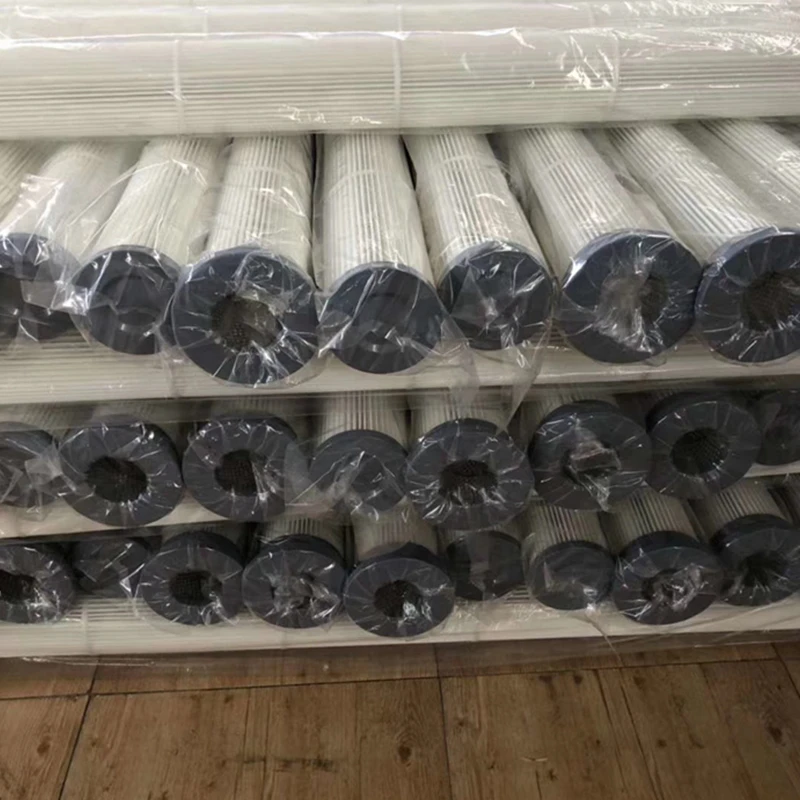 Tel:
+8615930870079
Tel:
+8615930870079
sep . 04, 2024 16:12 Back to list
Gas Turbine Inlet Filter Solutions
The Importance of Gas Turbine Inlet Filters
Gas turbines are critical components in various industries, including power generation, aviation, and oil and gas production. They operate by converting gas fuel into mechanical energy, producing thrust in jet engines or driving electric generators. However, the efficiency and lifespan of gas turbines can be significantly affected by the quality of air entering the system. This is where gas turbine inlet filters play a crucial role.
Inlet filters are designed to remove particulate matter and contaminants from the air before it enters the turbine. These contaminants can include dust, dirt, pollen, and other airborne particles, which can cause wear and tear on the turbine's components. Without adequate filtration, these particles can lead to increased maintenance costs, reduced efficiency, and even catastrophic failure of the turbine.
One of the primary functions of gas turbine inlet filters is to prevent the entry of larger particles that can physically damage turbine blades and other internal parts. Turbine blades operate under extreme conditions, subject to high temperatures and pressures. Even the smallest particles can cause erosion over time, leading to a decrease in performance and a reduction in the turbine's overall efficiency. Therefore, a well-functioning inlet filter can significantly extend the life of the turbine.
gas turbine inlet filter

Moreover, high-efficiency inlet air filters contribute to the gas turbine's overall performance. They ensure that the air entering the combustion chamber is as clean as possible, allowing for optimal combustion. This not only improves the efficiency of the turbine but also helps in reducing emissions. With the increasing global focus on environmental sustainability, having an efficient inlet filtration system is vital for meeting regulatory standards and minimizing the carbon footprint of gas turbine operations.
There are different types of inlet filters, ranging from simple mesh screens to complex multi-stage filtration systems. The choice of filter depends on several factors, including the specific application, the environmental conditions of the installation site, and the expected life cycle costs. Advanced filtration technologies, such as synthetic media or electrostatic filtration, can offer superior performance and longer service life compared to traditional filters.
Regular maintenance and monitoring of inlet filters are essential to ensure their effectiveness. Clogged or damaged filters can lead to a reduction in airflow, which can cause the turbine to operate inefficiently or even shut down. Implementing a scheduled maintenance plan helps in identifying issues early and ensures that the filters are functioning optimally, thus avoiding costly downtimes.
In conclusion, gas turbine inlet filters are critical components that significantly influence the performance, efficiency, and longevity of gas turbines. By providing a clean and contamination-free airflow to the turbine, these filters not only enhance operational efficiency but also contribute to environmental sustainability. As industries continue to rely on gas turbines for energy production and propulsion, investing in high-quality inlet filtration systems will be essential for ensuring reliability and efficiency in the long run.
-
Nano Fiber Technology: Revolutionizing Cartridge Dust Collector FiltersNewsAug.06,2025
-
How Activated Carbon Air Cartridges Eliminate OdorsNewsAug.06,2025
-
Dust Filter Cartridge Handling Fine Particulate MatterNewsAug.06,2025
-
Cartridge Dust Collector Filter for Welding Fume ExtractionNewsAug.06,2025
-
Activated Carbon Filter Cartridge Effectiveness Against VOCsNewsAug.06,2025
-
Activated Carbon Air Filter Cartridge Benefits ExplainedNewsAug.06,2025

 Email:
Email:





